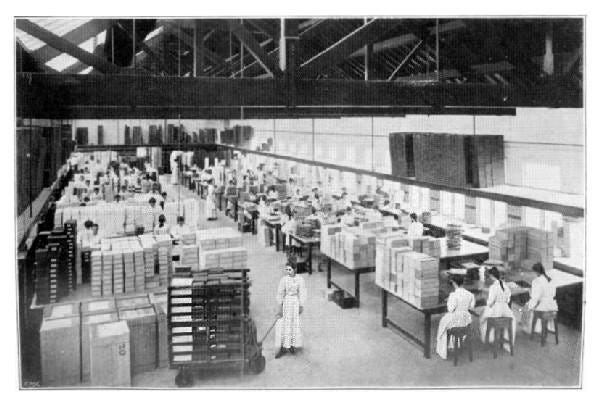Neoliberal Academia
Academia plays several roles in modern society. Professors educate the not-so young, advance the frontiers of knowledge and act as critical…

Academia plays several roles in modern society. Professors educate the not-so young, advance the frontiers of knowledge and act as critical mirrors of the larger culture. Neoliberal academia has reduced all of these functions to the furtherance of economic activity. That new goal is enforced with metrics that track those narrow concerns. In this new avatar, education is education for livelihoods’ sake and research is research that has impact. The critical function has been excised altogether.
I understand the compulsions that lead to this sorry state. Taxpayers are upset about the rising costs of public education. With white collar jobs being automated and outsourced there’s genuine concern that today’s college debts will not lead to tomorrow’s prosperity.
Let’s set aside the real reasons behind the current state of affairs, namely, a deliberate attempt by those in power to defund public education and to end the sixties and seventies’ era of student and faculty radicalism. Let’s turn a blind eye to the new goal of academia, which is to buttress the interests of the system and to create a population that’s narrowly skilled, economically insecure and politically docile. Instead, let’s ask whether the job and grant obsessed, impact factor optimizing academic is any good at serving his new masters.
I believe the neo-professor is terrible at her new job, both in ‘skilling’ young people and at creating ‘impactful’ new knowledge. If knowledge consists of measurable and learnable skills, universities are exceptionally inefficient and expensive at imparting them. If the post-industrial economy needs knowledge labourers, then it’s much better off adopting an apprentice system; that way, we will be sure the apprentice learns a bankable skill and the costs will be borne partly by the employer.
Measurement indices such as impact factors lead to a problem that’s well known in primary and secondary education where measurement and accountability have ruled for decades. Once you have a metric, teachers start teaching to the test. Those who succeed at it are certifiably good at optimizing the chosen metric but there’s a dubious relation between “impact” and impact. Optimizing for impact lead to the research version of grade inflation.
Academic communities are small. All of us know who is influential and what they like to hear. It’s easy to write papers reflecting the prejudices of those who control the purse strings. In this milieu we can’t expect epistemic advances that upset the apple cart.
It’s likely that new knowledge cannot be produced by human beings at an industrial scale. Industrial knowledge cannot be produced by pre-industrial craftsmen; it needs machines. The AI robots of the future might be better at it, but that’s not our problem. Meanwhile consider this possibility: without the promise of genuinely new insights, there’s no reason for supporting academia at all. The alternatives are cheaper and better.


